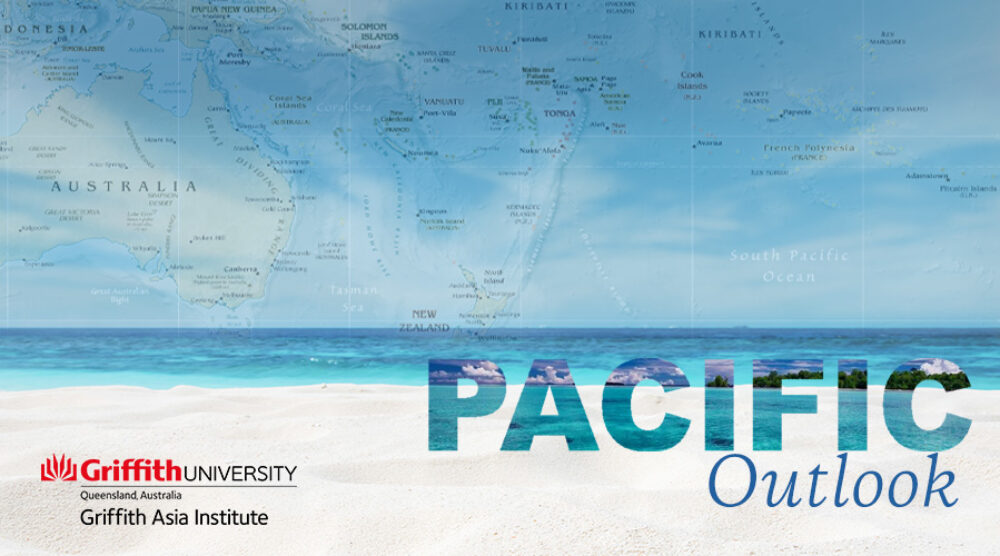Barrick accused of planning to illegally export gold
The government of Papua New Guinea has threatened to commence criminal proceedings against Barrick Gold. This comes further to allegations that the company’s joint venture Barrick Niugini Ltd (BNL) was planning to illegally export a shipment of gold and silver to Australia.
Papua New Guinea’s mining regulator argues that BNL has no authority to export as its lease to operate the Porgera mine was not renewed. BNL is challenging that decision in the courts. In a media release, Jerry Garry of the Mineral Resources Authority states that the bullion that was allegedly moved ready for export is the property of the state.
This comes at a time where relations between the PNG government and the mining sector are quite fraught. Across a number of arrangements, the government is seeking to negotiate terms that they consider to be more beneficial to the country, especially landowners of sites where resources are located.
Senior management tensions at the University of the South Pacific
Tensions among senior members of the University of the South Pacific have flared again. The Pro Chancellor, Winston Thompson, has refused to comment on claims that he is seeking once again to have the Vice Chancellor, Professor Pal Ahluwalia, removed from his position. Last year there was a protracted period of tension after a report undertaken by Professor Ahluwalia raised serious questions about management and governance under the previous Vice-Chancellor. Pro Chancellor Thompson was also named in that report but has not recused himself from matters arising including attempts to investigate Ahluwalia for alleged misconduct.
A number of government leaders from around the region (USP is owned by 12 Pacific island countries) have written to the Pro Chancellor requesting that he cease any activities that interfere with professor Ahluwalia’s running of the University. There have also been strong demonstrations of support for the Vice-Chancellor from USP staff and students.
Compact funding negotiations in Marshall Islands and the Federated States of Micronesia
Negotiations between the USA and Marshall Islands and the Federated States of Micronesia about future funding for the Compact states are progressing. The current funding arrangements come to an end in 2023.
In Marshall Islands the members of the negotiating team have been announced. There are 21 members of the team, but only one of them is a woman. She is the Minister for Education, Kitlang Kabua. The team will work in three committees focused on areas of importance to Marshall Islands.
In the Federated States of Micronesia, the first formal talks have been held with the US. Because of COVID-19 the talks were held by video conference. The US negotiating team is co-led by Ambassador Karen Stewart and Doug Demenech. The next formal bilateral meeting has been tentatively scheduled for the end of June.
Samoa’s new Parliament building has no press gallery
Samoa’s new Parliament building is now in use. However, concerns have been raised about the fact that is does not have dedicated facilities for media to cover parliamentary proceedings.
The multi-million-dollar building was funded by the Government of Australia. Media are only able to report from the public gallery, when they are allowed to enter by security personnel. It is not uncommon for the press to be denied entry to Parliament.
The media association in Samoa says they were told that the inclusion of a media gallery was dumped from the final plans for the building as it was considered ‘non-essential’.
The failure to include a dedicated space for the media in the Parliament building has been criticised by the International Federation of Journalists.
Pacific Voices rise to support Black Lives Matter movement
As hundreds of thousands of people rallied and marched in support of the Black Lives Matter movement, Pacific islanders and members of the Pasifika diasporas added their voices in support.
Pasifika people were present in large numbers at rallies and marches in both Australia and New Zealand. They also took to the streets in parts of the USA. Students in Vanuatu also held a small rally to show their support.
For many, it was an opportunity to highlight the impacts of racism on their communities in places like Australia, New Zealand, and the USA. At the rally in Brisbane, specific mention was made of the legacy of blackbirding on the Australian South Sea Islander communities. Australia’s Minister for the Pacific, Alex Hawke, was dismissive of the events. In a tweet he referred to participation in them as ‘self-indulgent’ and said that the issues of concern were ‘matters in other countries’.
Tess Newton Cain is an Adjunct Associate Professor at the Griffith Asia Institute.








